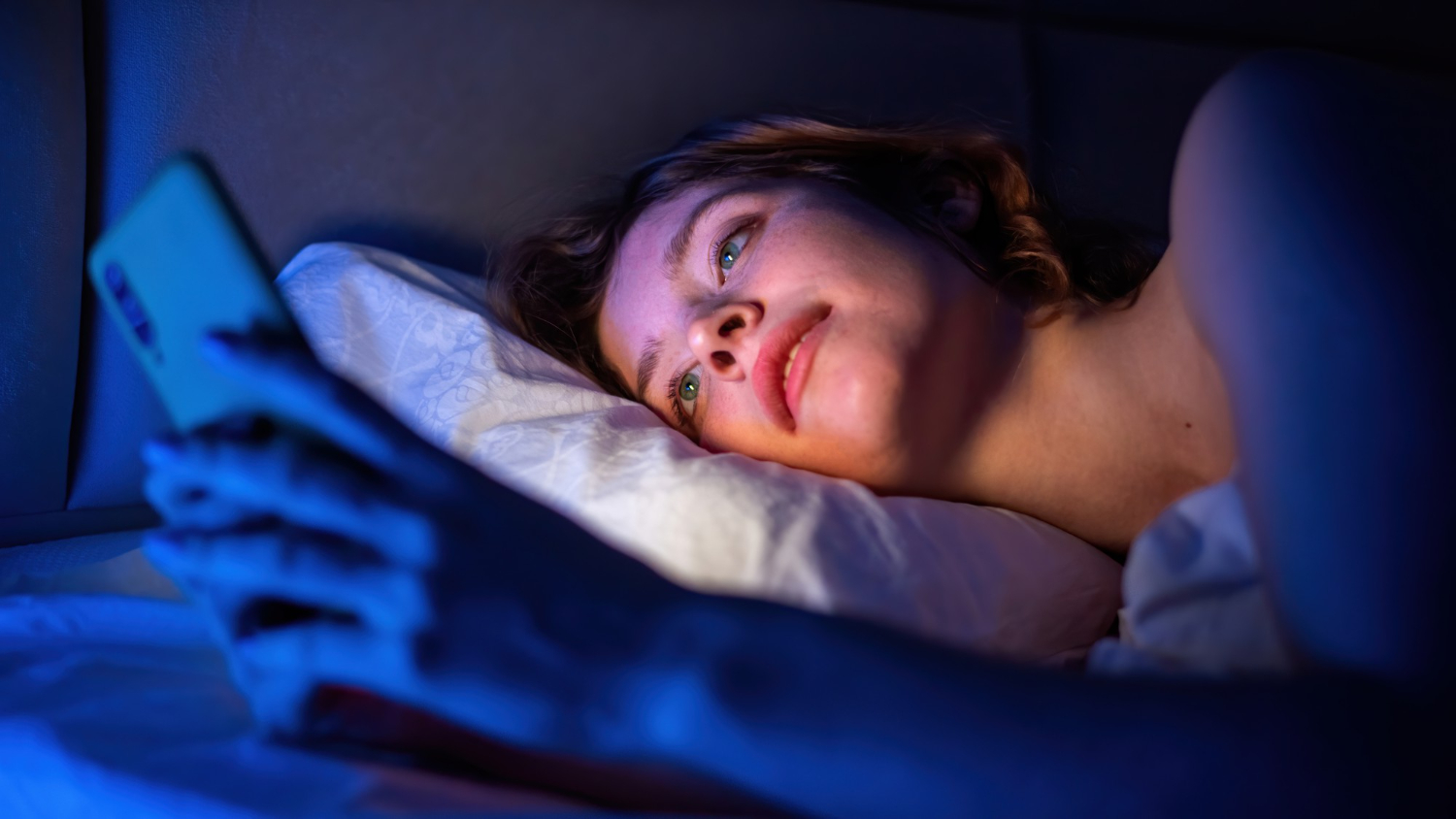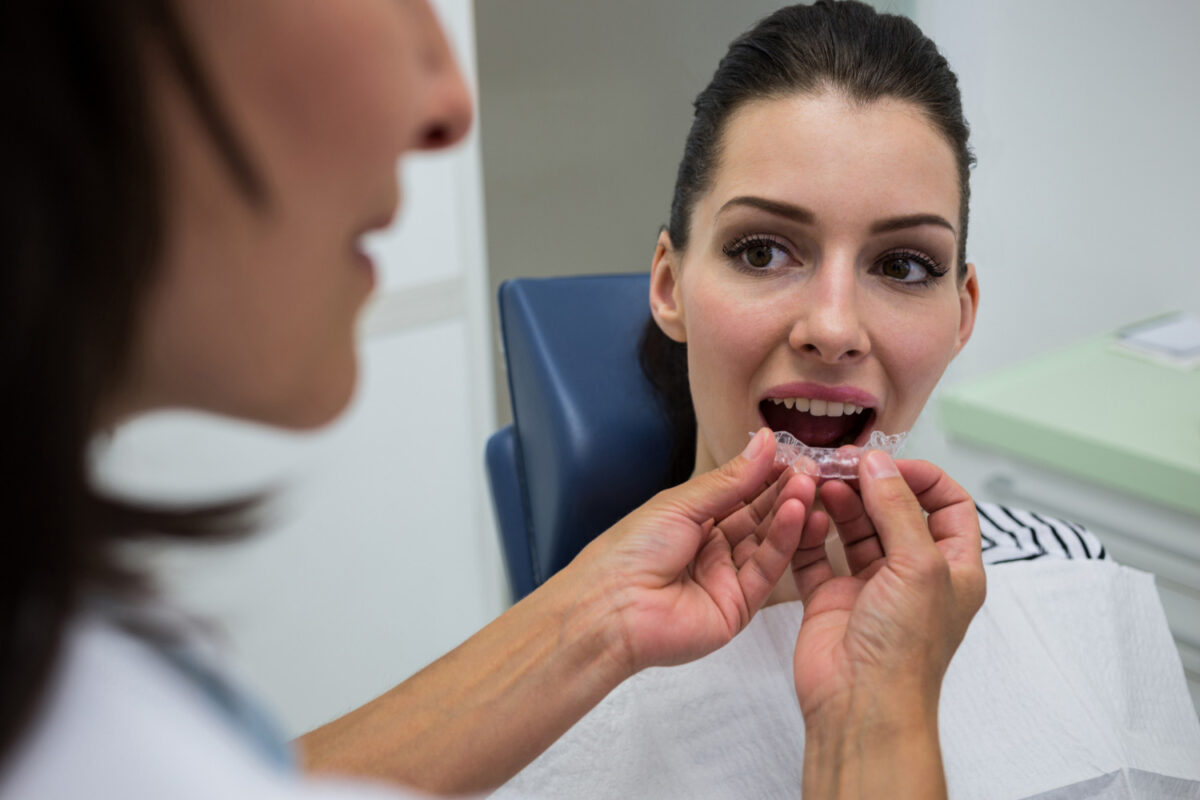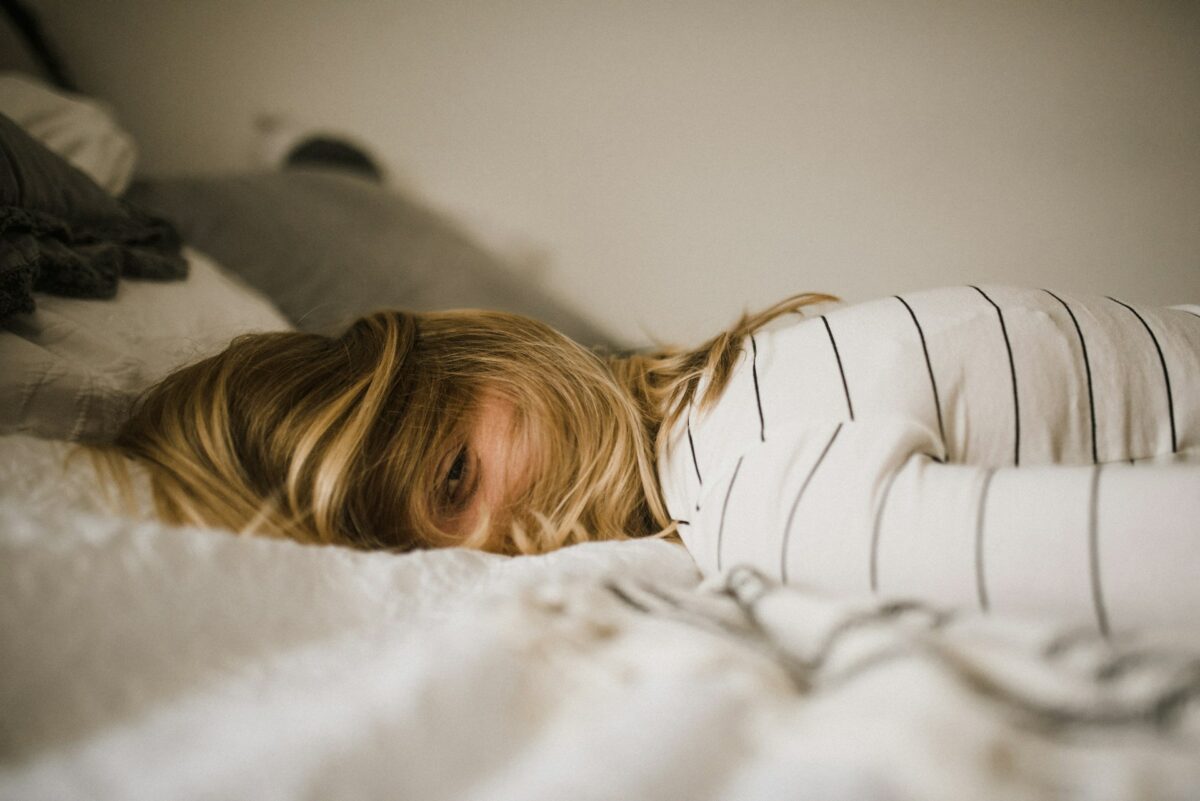Given society’s dependence on technology, there’s been a lot of discussion about its effects on our physical and mental health and if it’s been doing more harm than good. Besides notifications and radiation, blue light is a particularly hot topic, surrounding conversations about eyestrain and having difficulty falling asleep.
Many studies link blue light to difficulties falling asleep, but it’s a vicious cycle: we wait for sleep to take us, but it doesn’t, so we waste our time away by checking our phones, exposing ourselves to more blue light. But what exactly is blue light, what does it do, and is it found only in our devices?
What is Blue Light?
Blue light is what our smartphones, televisions, computer screens, and even fluorescent lights emit. However, the most significant source of blue light is the sun, although we may not notice it. This particular kind of light surrounds us all day, and sleep experts have confirmed that exposure to blue light during the day undeniably affects your sleep quality.
What makes blue light so special is that it is part of the spectrum of light with the shortest wavelength and the most energy. The sun is the largest source of blue light exposure, though electronic screens like tablets and smartphones emit artificial blue light. Light sources like LED and fluorescent light bulbs also contribute to this.
How Does Blue Light Affect Humans?
Blue light entered the conversation when scientists began linking its exploration to sleep. Blue light impacts our alertness during the day and sleepiness at night. While you’ve likely seen a lot of negative news about blue light, not all blue light is bad. The blue light we get from the sun helps stabilize our body clocks and maintains our circadian rhythm each day, as it is the most significant confirmation in our environment of what time it currently is. The problem arises when we get too much exposure to artificial blue light long after sunset.
The brain cannot tell the difference between blue light derived from the sun and artificial blue light. That means when the brain sees any kind of blue light, it tells itself that it must stay awake. Essentially, the brain is tricked into thinking that it is still daytime even in the evening, thereby subduing the mechanisms that encourage sleep.
Is Blue Light Worsening Your Sleep?
Plenty of research suggests that heightened exposure to artificial blue light near bedtime worsens your sleep quality or makes it more difficult to fall asleep. According to past studies, those who read e-books before bedtime suffered from disrupted sleep patterns and felt more tired the next day than those who read from traditional books. The same study discovered that people who looked at e-readers before bed had shorter rapid eye movement or REM sleep. This is a deeper state of sleep when vital parts of the brain’s memory consolidation processes occur.
According to other studies, blue light, more than other colours of light, interrupts melatonin production, a hormone released by the brain to signal that it is time to go to bed. It suppresses melatonin production for twice as long as green light, which is why it is crucial to temper exposure to blue light when it’s close to bedtime.
Is Blue Light Bad During the Day?
Blue light signals the body to be alert and energetic, so exposure to blue light when the sun is out is good. It can help you wake up when you’re crossing time zones and feeling jet-lagged, or you need to reset your body’s natural circadian rhythm. There’s no need to suppress blue light exposure during the daytime, as it improves alertness, productivity, and performance, which will help you at work. Exposure to blue light right when you get up can be a great way to start your day.
Some sleep experts recommend taking a walk in a sunny area instead of downing a cup of coffee to combat afternoon drowsiness. Blue light can also affect your mood, as a study published in PLOS One in October 2017 found that blue light reduced stress in study participants. In summary, moderate blue light exposure at the correct times is vital, but too much at night will undoubtedly mess with your sleep.
Conclusion
It’s impossible to avoid blue light, as our bodies need it to be alert at the correct times. However, if you’re struggling with sleep, it’s best to put your devices away an hour or two before bed to slip into a deep, restful sleep.
Sleep Better Live Better is a sleep specialist in Vancouver that can help you with various sleep problems, like insomnia, snoring, sleep apnea, and more. Dr. Muir and her qualified sleep team have helped thousands of patients find healthy sleep solutions. Book a consultation with us today!





